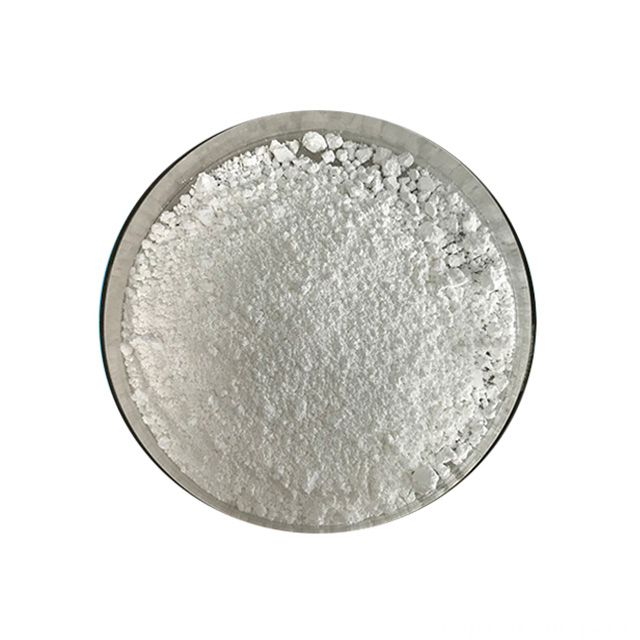Finasteride is an approved medication for the treatment of hair loss in men. Finasteride belongs to a class of drugs known as 5-alpha-reductase inhibitors. It works by preventing testosterone from breaking down into DHT, the hormone that is thought to cause male pattern baldness.
Function:
Finasteride works by decreasing the amount of the hormone dihydrotestosterone (DHT) in your body. DHT normally causes your prostate to grow larger.
The decrease in DHT helps prevent your prostate from growing larger. It also leads to increased hair growth and decreased hair loss of the hair on your head. Hair growth on other parts of the body isn’t affected.
Application Area:
Benign prostatic hyperplasia
Physicians use finasteride for the treatment of BPH, informally known as an enlarged prostate. The approved dose is 5 mg once a day. Six months or more of treatment with finasteride may be required to determine the therapeutic results of treatment. If the drug is discontinued, any therapeutic benefits reverse within about –8 months. Finasteride may improve the symptoms associated with BPH such as difficulty urinating, getting up during the night to urinate, hesitation at the start of urination, and decreased urinary flow.
Male pattern baldness
Finasteride is used to treat male pattern hair loss (androgenetic alopecia) in men only. Treatment provides about 30% improvement in hair loss after six months of treatment, and effectiveness only persists as long as the drug is taken.
Off-label uses
Finasteride is sometimes used in hormone replacement therapy for male-to-female transsexuals in combination with a form of estrogen due to its antiandrogen properties. However, little clinical research of finasteride use for this purpose has been conducted and evidence of efficacy is limited.



